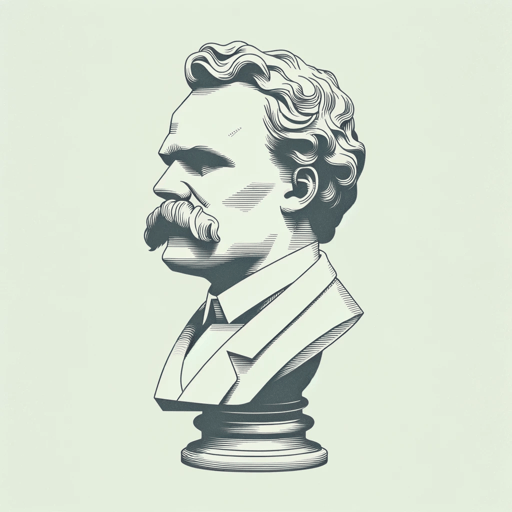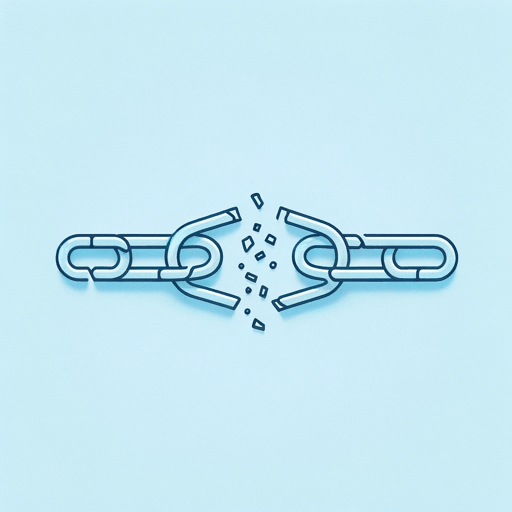37 pages • 1 hour read
Friedrich NietzscheOn The Advantage And Disadvantage Of History For Life
Nonfiction | Book | Adult | Published in 1874A modern alternative to SparkNotes and CliffsNotes, SuperSummary offers high-quality Study Guides with detailed chapter summaries and analysis of major themes, characters, and more.
Chapter 10Chapter Summaries & Analyses
Chapter 10 Summary
The final chapter opens with the metaphor of a ship docking after a long voyage. Nietzsche claims that he is guided by “youth” and feels impelled “to protest against the historical education of modern youth” (63). The youthful impulse toward poetry a century before Nietzsche was writing was in Nietzsche’s opinion a flowering not since seen in Germany. In Nietzsche’s Germany, by contrast, the youth are developed to “be useful as soon as possible” (64). Nietzsche asserts that the contemporary belief that “there is no other possibility at all than just our tiresome actuality” (65) is a problematic one.
Nietzsche expounds his position on the contemporary youth further by arguing that the era’s weight of historical education “anaesthetizes and intoxicates” the youth by suppressing the natural. For Nietzsche, nature is the “sole mistress” (65). He chastises the educational system for producing a “crawling brood of botchers and babblers” (65). Faith in the education system is misplaced, nor would Plato’s Republic have worked. Nietzsche’s fellow Germans cannot have a true culture because they lack rootedness in nature, or truth: “first give me life and I will make you a culture from it!” (66).
Returning to the definitions with which he opened his essay, Nietzsche distinguishes once more between the unhistorical and the superhistorical.
Related Titles
By Friedrich Nietzsche

Beyond Good And Evil
Friedrich Nietzsche

On the Genealogy of Morals
Friedrich Nietzsche

The Antichrist
Friedrich Nietzsche, Transl. H.L. Mencken

The Birth of Tragedy
Friedrich Nietzsche

The Gay Science
Friedrich Nietzsche

The Will to Power
Friedrich Nietzsche, Ed. Walter Kaufmann, Transl. R.J. Hollingdale

Thus Spoke Zarathustra: A Book for All and None
Friedrich Nietzsche

